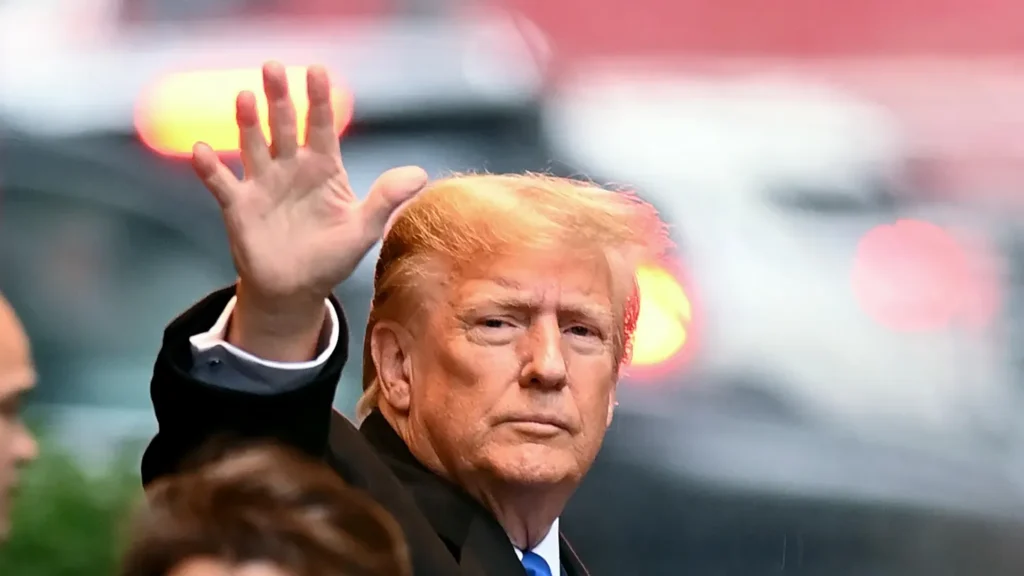Title: Trump’s Brief Testimony in E. Jean Carroll Defamation Trial Raises Legal Restrictions
Key Points:
- Before testifying, Judge Lewis Kaplan imposed restrictions on the former president’s testimony during the defamation trial brought by writer E. Jean Carroll.
- Trump was prohibited from denying the allegations of sexual assault made by Carroll, as he has done publicly on television and social media. This restriction was based on a prior finding of liability in a civil lawsuit last year.
- Trump’s defense attorney, Alina Habba, indicated that his testimony would be brief but couldn’t confirm its content with certainty.
- During questioning, Habba asked Trump if he affirmed his previous deposition and if he denied Carroll’s rape allegations for self-defense. Trump answered affirmatively to both questions, dismissing Carroll’s accusation as “totally false.” However, Judge Kaplan instructed the jury to disregard this additional comment.
- Reporters present in the courtroom noted that Trump’s entire testimony lasted approximately three minutes.
Background:
- E. Jean Carroll, a former columnist at Elle Magazine, accused then-President Donald Trump of sexually assaulting her in a dressing room at the Manhattan department store Bergdorf Goodman in the 1990s, as detailed in a 2019 article for New York Magazine.
- Trump denied Carroll’s accusation, leading Carroll to file a defamation lawsuit later in the same year. The legal proceedings were delayed for several years.
- Carroll initiated a second lawsuit under New York’s Adult Survivors Act, enabling victims of sexual assault to hold their perpetrators accountable even after the expiration of the original statute of limitations.
- Despite being found liable for sexual abuse and defamation, Trump persistently dismisses Carroll’s account as “fake.”
- The original lawsuit faced delays during Trump’s presidency and experienced further postponements this week due to jurors reporting illness.

